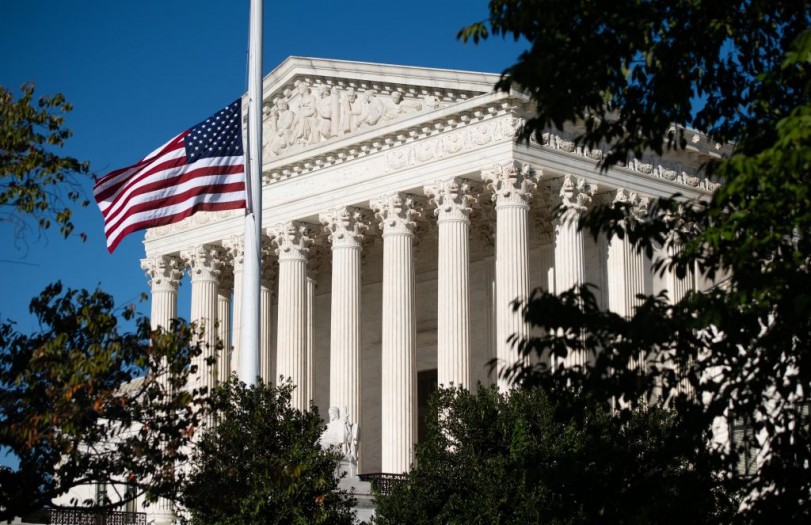A U.S. judge ruled that social media platforms can be held accountable for their role in facilitating a mass shooting. This landmark ruling stems from a case involving a tragic incident in Texas, where the plaintiffs argue that social media companies provided the means for extremist groups to radicalize individuals and coordinate violence. This decision marks a pivotal moment in the ongoing debate over the responsibility of social media giants in monitoring and controlling the content shared on their platforms.
What’s Happening & Why This Matters
At the heart of this legal battle is the assertion that social media platforms played a significant role in the radicalization process that led to the mass shooting. The judge’s decision to allow the lawsuit to proceed challenges the long-held protections afforded to these companies under Section 230 of the Communications Decency Act, which has traditionally shielded them from liability for user-generated content.

Implications & Reactions
- Legal Precedent: This ruling sets a precedent that could open the floodgates for future lawsuits against social media companies for failing to adequately police their platforms against harmful content.
- Pressure on Platforms: Social media giants may face increased pressure to aggressively monitor and remove extremist content, possibly reshaping the landscape of online speech and content moderation.
- Free Speech Concerns: Critics argue that such rulings could have chilling effects on free speech, compelling platforms to over-censor content to avoid potential legal battles.
The ruling has elicited mixed reactions, with some praising it as a necessary step towards holding social media accountable for their part in spreading extremism, while others caution against the potential for overreach and infringement on free speech rights. Legal experts and civil liberties organizations are closely watching, recognizing the case’s potential to significantly impact the future of internet regulation and free expression online.
TF Summary: What’s Next
This ruling against social media platforms in the context of a mass shooting lawsuit is uncharted territory, signaling a possible shift in how these companies are viewed under the law. As the case proceeds, it will undoubtedly prompt a broader discussion on the balance between free speech and responsibility online. The outcome could fundamentally change the operational practices of social media platforms, compelling them to adopt more stringent content moderation policies. Meanwhile, the tech industry and free speech advocates are bracing for a legal showdown that could redefine the boundaries of internet freedom and platform liability.



